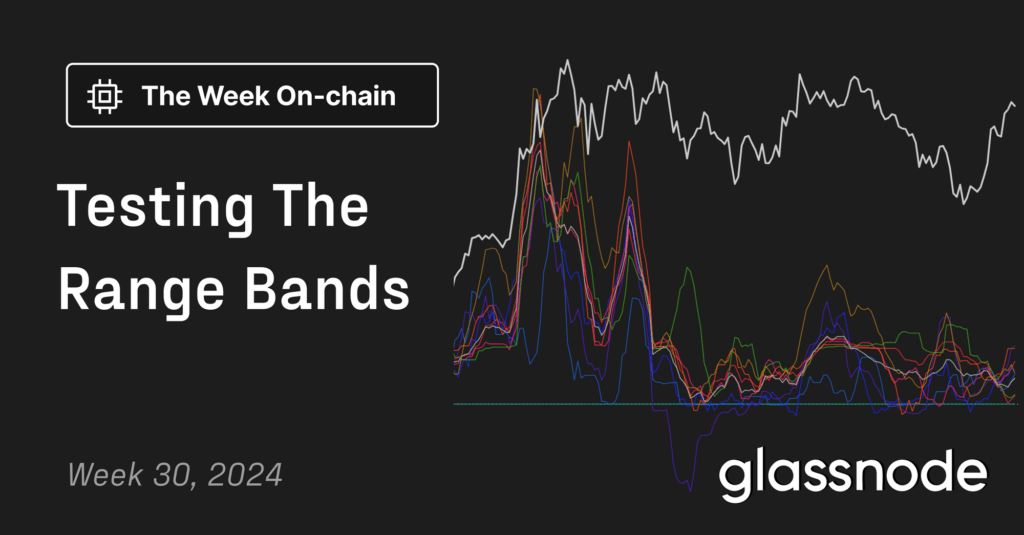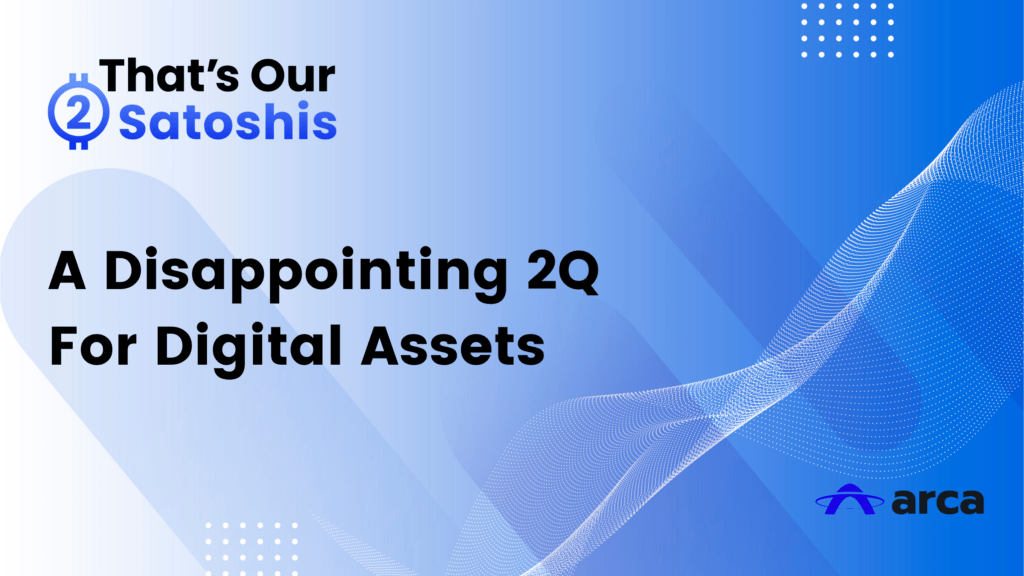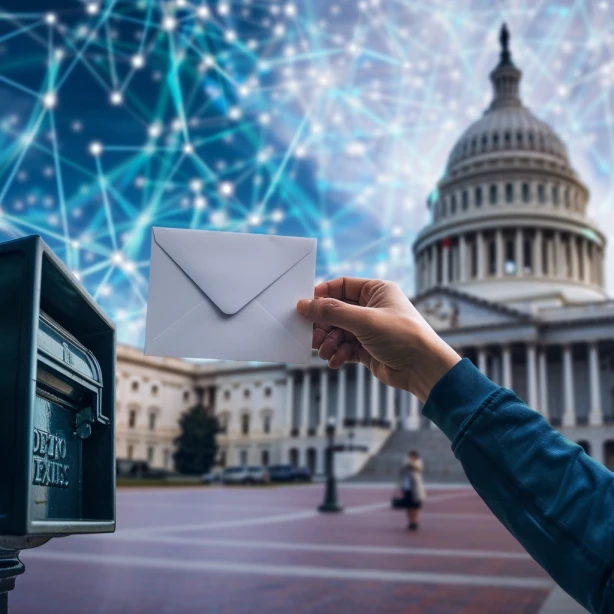Research Summary
The report discusses recent legal developments in the digital asset industry, including the Supreme Court’s decision in Loper Bright Enterprises v. Raimondo, the dismissal of SEC’s secondary sales charges in the Binance case, and the SEC’s lawsuit against Consensys. It also covers recent Congressional hearings on digital asset regulation.
Key Takeaways
Supreme Court Overturns Chevron Deference
- Reinterpretation of Judicial Norms: The Supreme Court’s decision in Loper Bright Enterprises v. Raimondo reinterprets judicial norms and the Administrative Procedure Act, arguing that Chevron deference violates the court’s duty to interpret the law and wrongly allows the executive branch to decide the true meaning of statutes.
- Impact on Digital Asset Industry: This decision could benefit the digital asset industry by supporting challenges to SEC interpretations of securities laws.
Dismissal of SEC’s Secondary Sales Charges in Binance Case
- Focus on Economic Reality: The judge’s decision in the Binance case emphasizes the economic reality of transactions when applying securities law, rather than the nature of the digital assets themselves.
- Implications for Other Cases: This ruling could influence similar charges against Coinbase, Kraken, and Consensys, potentially weakening the SEC’s claims.
SEC’s Lawsuit Against Consensys
- Allegations of Unregistered Securities Brokerage: The SEC alleges that Consensys acted as an unregistered securities broker through its MetaMask Swaps and MetaMask Staking products.
- Questioning the Nature of Staking Services: The SEC’s lawsuit raises questions about whether staking services constitute an investment contract between the software developer and end users.
Congressional Hearings on Digital Asset Regulation
- Increasing Focus on Crypto Policy: Recent Congressional hearings indicate an increasing focus on crypto policy, with discussions on the need for a crypto regulatory framework, the regulation of non-security tokens and digital assets, and the potential passage of stablecoin legislation.
- Regulatory Challenges: The hearings highlight the challenges of regulating decentralized finance activities and the need for careful regulation to avoid stifling technological innovation.
Actionable Insights
- Monitor Legal Developments: Stakeholders in the digital asset industry should closely monitor legal developments, as court decisions and regulatory actions can significantly impact the industry.
- Engage with Regulatory Bodies: Digital asset companies should proactively engage with regulatory bodies to ensure their operations comply with evolving regulations and to advocate for favorable regulatory frameworks.
- Consider Legal Precedents: When developing new products or services, digital asset companies should consider legal precedents, such as the Binance and Consensys cases, to mitigate potential legal risks.












